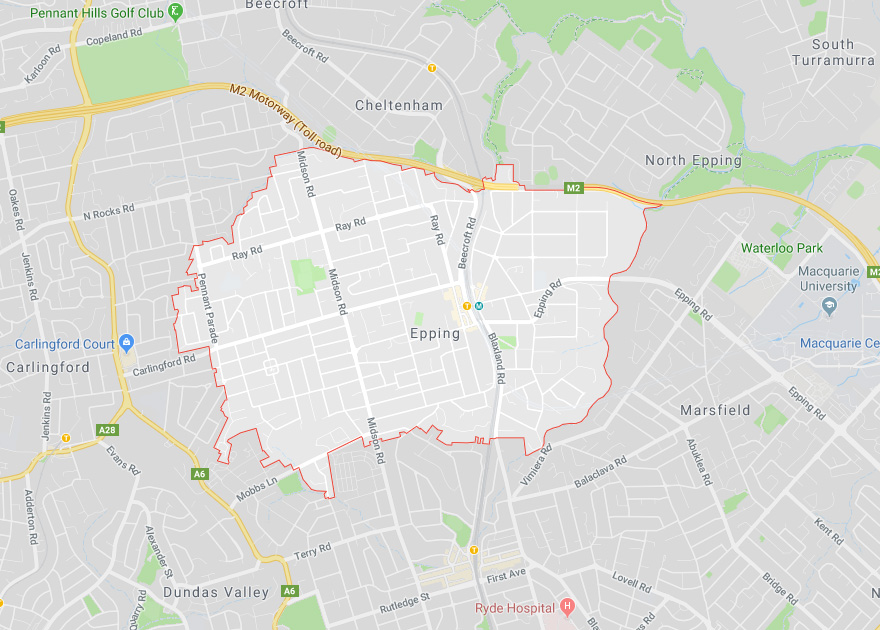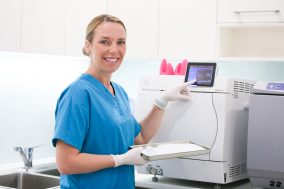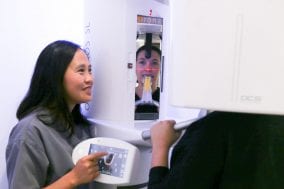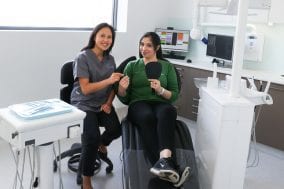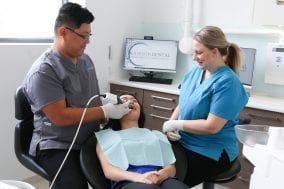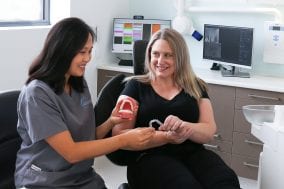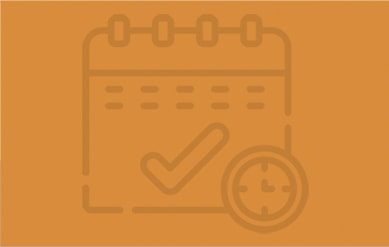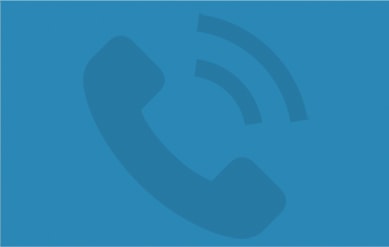You might be a little shocked one day to discover a blistery rash on your young child’s hands and feet and blisters in their mouth. It doesn’t look good, and your stomach drops as your child had vague flu-like symptoms. What’s happened now?
Your Dentist Epping can reassure you – it’s probably only hand, foot, and mouth disease, which is usually mild.
This illness has two phases – initial flu-like symptoms for a couple of days followed by a blistery rash. The rash is usually itchy, but in the mouth, the sores can be painful. The rash usually clears up in a little over a week by itself.
Hand, foot, and mouth disease is very contagious, so your child could have easily caught it at daycare, kindy, or school. Older children and adults can get it, too, and people can be infected more than once, as a few different viruses living in our bodies can cause it.
Sufferers are most contagious when they have the flu-like symptoms and before the blistery sores dry up. An infected person can infect someone by sneezing or coughing onto them. Touching someone’s saliva, blisters, contaminated toys, etc., can pass the virus on, too.
Your healthcare provider can diagnose the illness by looking at the blisters, but your Dentist Epping suggests you let them know beforehand what you suspect. They may want to do a virtual inspection so other waiting-room patients can’t be infected.
Antibiotics or other medications don’t work on this disease. Still, you can use over-the-counter pain relievers such as ibuprofen for the pain – not aspirin, as it can cause Reye’s syndrome. Older children can gargle with salt water to relieve a sore throat. Adults can use a numbing spray or mouthwash to relieve the pain.
Drink cold liquids (water and milk) and suck popsicles to prevent dehydration. Warm drinks or spicy/acidic foods may irritate any mouth sores.
To prevent its further spread, teach your child to cough/sneeze into their elbow, disinfect commonly touched household items, wash the child’s clothing and bedding, and wash your hands with soap and water often for 20 seconds.
An exceptionally small number of sufferers can go on to develop meningitis and encephalitis, so if your child seems to be getting worse as time goes on, instead of better, contact your healthcare provider.
Your child can return to daycare/kindy/school when they are not running a fever, have no un-dried blisters, and feel well again! Your Dentist Epping wishes your well if your family is caught up by hand, foot, and mouth disease.
To find out more, please click this link for an appointment with us:

